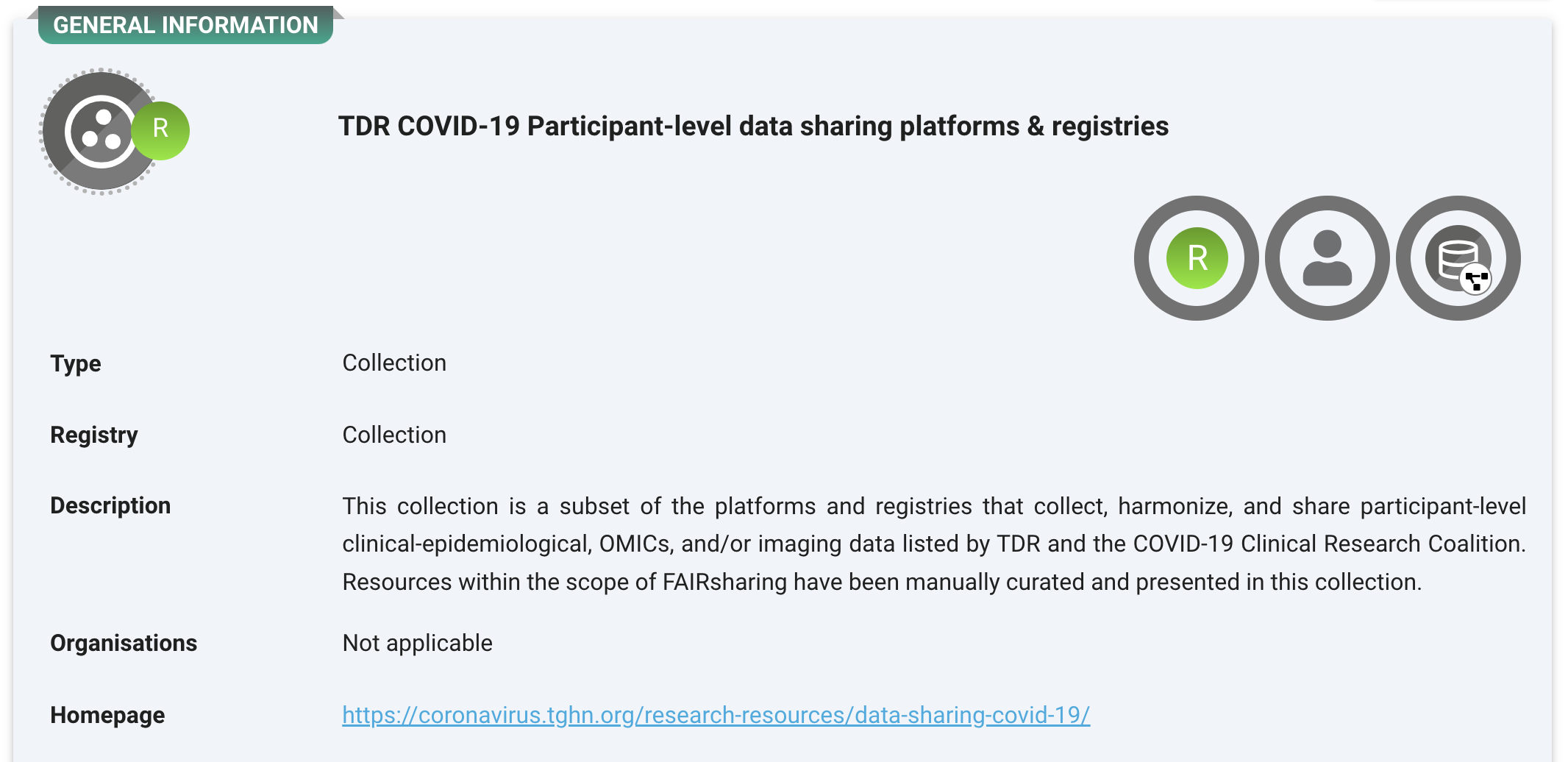Published in The Lancet Digital Health
The COVID-19 pandemic has highlighted the crucial need to share data rapidly and transparently to advance medical research and public health. In this spirit, a recent publication in The Lancet Digital Health, titled “Data sharing is central to the rapid translation of research into advances in clinical medicine and public health practice,” takes a critical look at data-sharing efforts related to COVID-19 worldwide. Notably, this study includes my participation, as well as that of Pete McQuilton, who was recently associated with FAIRsharing.
The study, which combines a scoping review and a cross-sectional survey, explores the explosion of population-specific and discipline-specific resources for collecting, curating, and disseminating participant-level data. This publication also examines how these initiatives align with best practices in ethical and equitable data management and the FAIR (Findable, Accessible, Interoperable, Reusable) principles for data resources.
We identified 44 COVID-19-related registries and 20 platforms during the scoping review. However, what emerges from our findings is that more data sharing does not necessarily equate to better data sharing. Data-sharing resources were heavily concentrated in high-income countries and segmented based on comorbidities, body systems, and data types. Furthermore, resources aimed at harmonizing and sharing clinical data were less likely to implement FAIR principles than those sharing omics or imaging data.
One of the key conclusions of the study is that the semantic and technical interoperability of platforms and registries harmonizing and sharing participant-level data related to health crises needs improvement to facilitate the global collaboration necessary to address such crises.
While data sharing has proven essential in accelerating research and pandemic response, we emphasize the importance of international coordination and the adoption of common standards to maximize data utility in addressing various health crises. Overcoming current gaps and redundancies in data-sharing efforts during health crises is crucial to ensure that data truly become valuable for medical research and public health decision-making.
This publication in The Lancet Digital Health provides valuable recommendations for enhancing data sharing during health crises and underscores the importance of adhering to FAIR principles to ensure data availability, accessibility, interoperability, and reusability. In an increasingly interconnected world, collaboration and data sharing remain at the core of the global response to health crises and medical research in general.
Ultimately, this study serves as a reminder that combating a pandemic requires not only rapid global mobilization but also effective collaboration in data sharing and utilization, which are essential for saving lives and finding solutions to this global health crisis.
